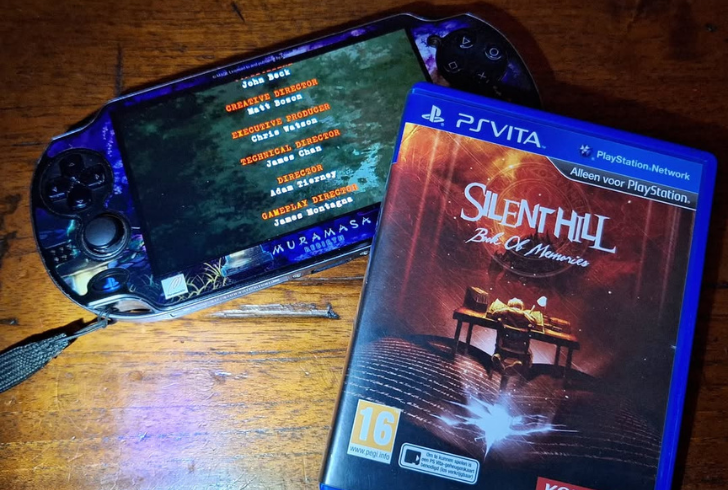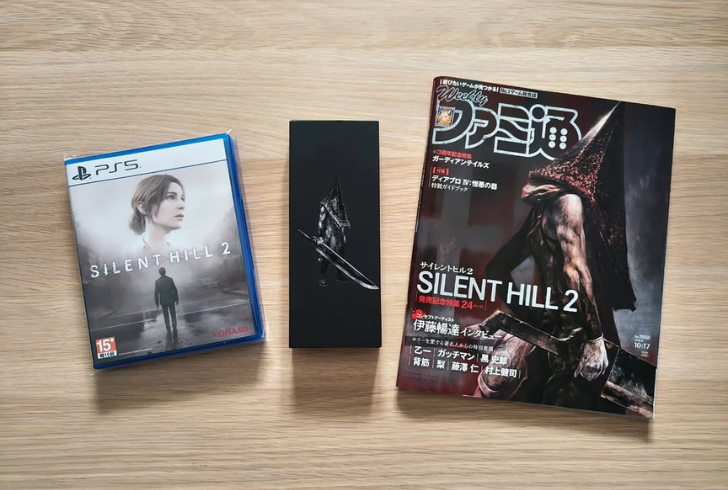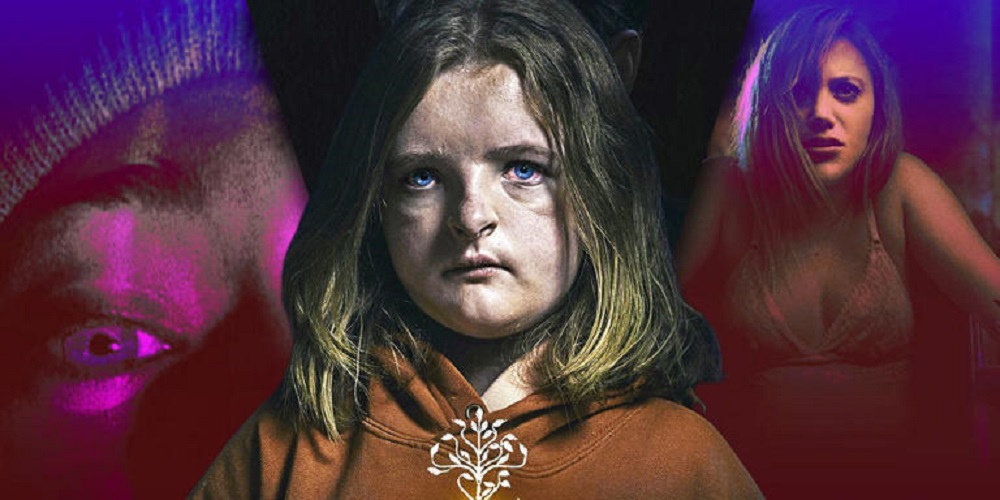It's no secret that Silent Hill has captivated gamers for decades. This iconic series, created by Konami, stands out as one of the most memorable horror games. Silent Hill is different from typical horror games. It’s not about jump scares or gore. Instead, it explores deeper fears—those that stay with you long after the game ends. So, what makes Silent Hill so special?
Let's break down the elements that have kept it loved by fans for years.
The Storytelling That Sets Silent Hill Apart
Silent Hill is known for its psychological horror and rich storytelling. The series doesn't focus on monsters alone. Instead, it explores the darker parts of human emotions. The characters often face guilt, trauma, and unresolved memories. In Silent Hill 2, for example, James Sunderland goes to the town searching for his dead wife. But as he explores, he learns that the horrors he faces are reflections of his own inner turmoil. The deep, emotional journey of the characters makes Silent Hill stand out from other horror games.
The story doesn’t follow a typical "good versus evil" plot. It forces players to question everything, from the nature of the monsters to the truth behind the town. This complexity is what makes Silent Hill so engaging.
The Ambiguity Behind Silent Hill's Horror

Instagram | retrogamepapa | Silent Hill’s mystery makes it unforgettable.
One thing that sets Silent Hill apart from other horror games is its ambiguity. In Silent Hill, the monsters aren’t just evil creatures. They represent deeper, more abstract fears—things like guilt, shame, and confusion. In Silent Hill 2, for example, the terrifying monsters symbolize James’s repressed emotions.
Unlike Western horror games, which often feature clear villains, Silent Hill thrives on mystery. Players never fully understand the reasons behind the horrors they encounter. The game doesn't give simple answers, which only adds to the fear. The uncertainty and psychological depth of the story create a much more haunting experience.
The Atmospheric World of Silent Hill
The atmosphere in Silent Hill is another reason the game remains so popular. The fog, the dark buildings, the eerie soundtrack—everything works together to create a sense of dread. The feeling of isolation is key here. The characters are trapped in a town with no way out, and this sense of helplessness heightens the terror.
Unlike many modern horror games that focus on realism and sharp graphics, Silent Hill has a more gritty and surreal look. The fog is not just a visual effect. It represents the confusion and darkness the characters face. The sounds, too, add to the tension. The static noise from the radio, for example, signals danger and fills players with anxiety.
Silent Hill in Movies and Its Lasting Influence
The Silent Hill series has also made an impact in movies. There are two film adaptations: "Silent Hill" (2006) and "Silent Hill: Revelation" (2012). The first movie does a great job of capturing the eerie atmosphere of the game. However, it doesn’t quite capture the deeper psychological horror that made the games so special. While the films are visually impressive, they don’t match the complex narrative of the games.
Despite this, Silent Hill has had a lasting influence on the horror genre. Many games that followed, like The Evil Within, borrowed elements from Silent Hill. These games focus on psychological fear rather than just gore and monsters. The impact of Silent Hill continues to be felt, both in video games and in film.
The Unresolved Nature of Silent Hill's Story
One of the reasons Silent Hill remains so loved is its ability to leave questions unanswered. The story never fully explains everything. In Silent Hill 2, for example, the fate of certain characters remains unclear. This lack of resolution invites players to think about the game long after they finish it. It sparks discussions and theories, keeping the story alive in fans' minds.
This open-ended style makes Silent Hill more than just a game. It’s an experience that stays with players, forcing them to reflect on the deeper meaning of the story and the horrors they’ve faced.
Why Does Everyone Love Silent Hill?

Instagram | hillstreetkids | Silent Hill 2 creates fear and emotions.
So, why does everyone love Silent Hill? The answer lies in its psychological depth and emotional complexity. The series explores themes of loss, guilt, and the unknown. The monsters in Silent Hill are not just external threats—they reflect the characters' internal struggles. Whether it’s the disturbing visuals, the deep emotional stories, or the eerie atmosphere, Silent Hill creates an unforgettable experience.
The series’ ability to make players think about their own fears and emotions is a big part of its charm. Silent Hill isn’t just a scary game—it’s a haunting journey into the darkest corners of the human mind.
Fans keep returning to Silent Hill, whether to revisit the original game or experience Silent Hill 2 again. The game’s unique approach to horror continues to captivate players, and its influence on the genre is undeniable.
The Legacy of Silent Hill in Gaming
The love for Silent Hill isn’t just about fear—it’s about emotional connection. The series explores complex themes and takes players on a journey that’s much deeper than typical horror games. Whether you're revisiting the classic titles or experiencing Silent Hill 2 for the first time, the game offers an unforgettable experience.
The franchise’s ability to make players think about their own fears and emotions is a big part of its charm. Silent Hill isn’t just a scary game—it’s a haunting journey into the darkest corners of the human mind.
Fans keep returning to Silent Hill, whether to revisit the original game or experience Silent Hill 2 again. The game’s unique approach to horror continues to captivate players, and its influence on the genre is undeniable.





